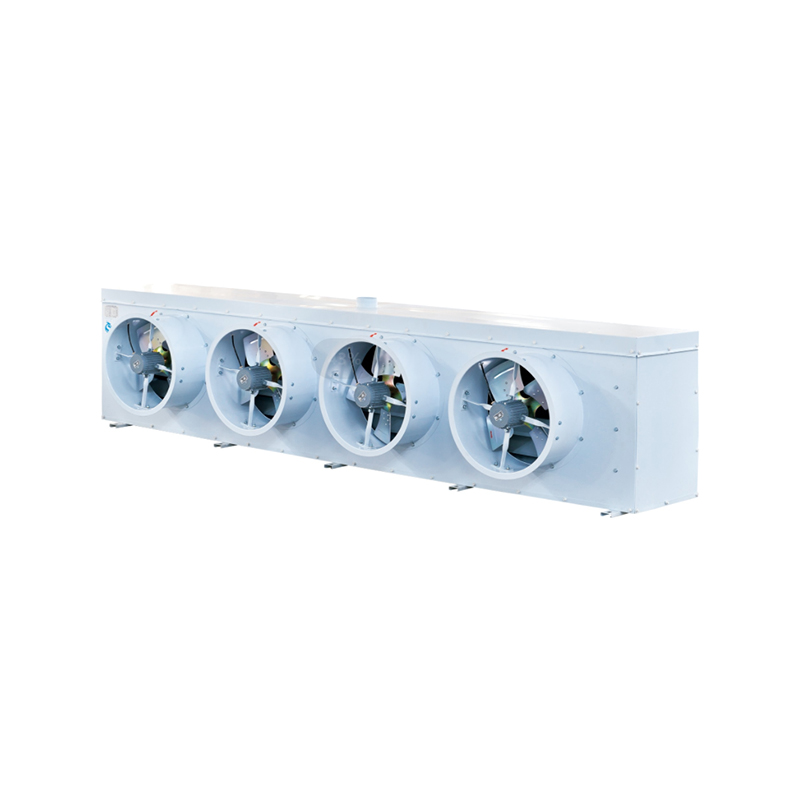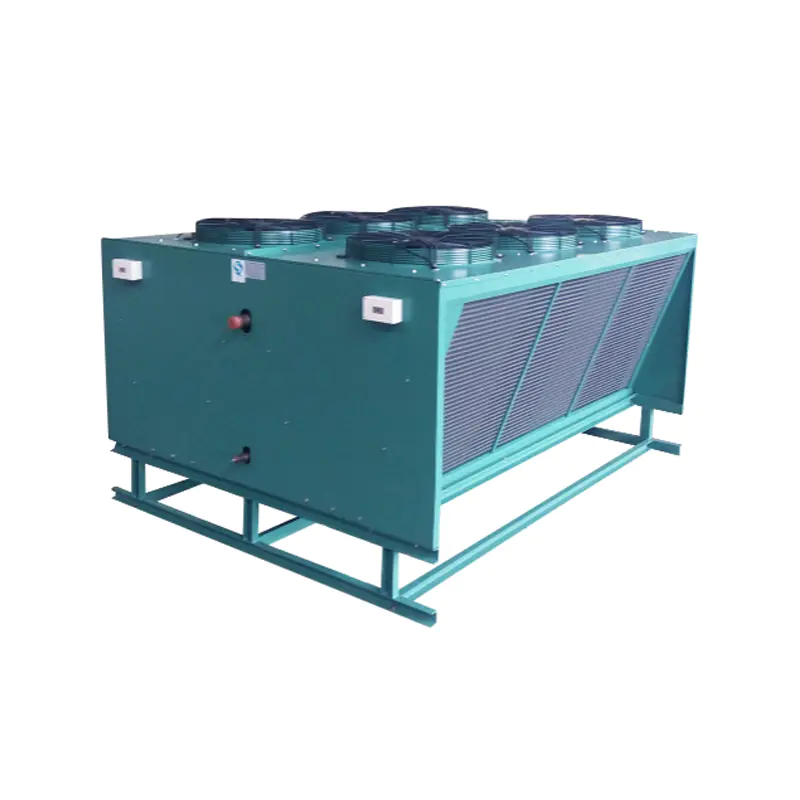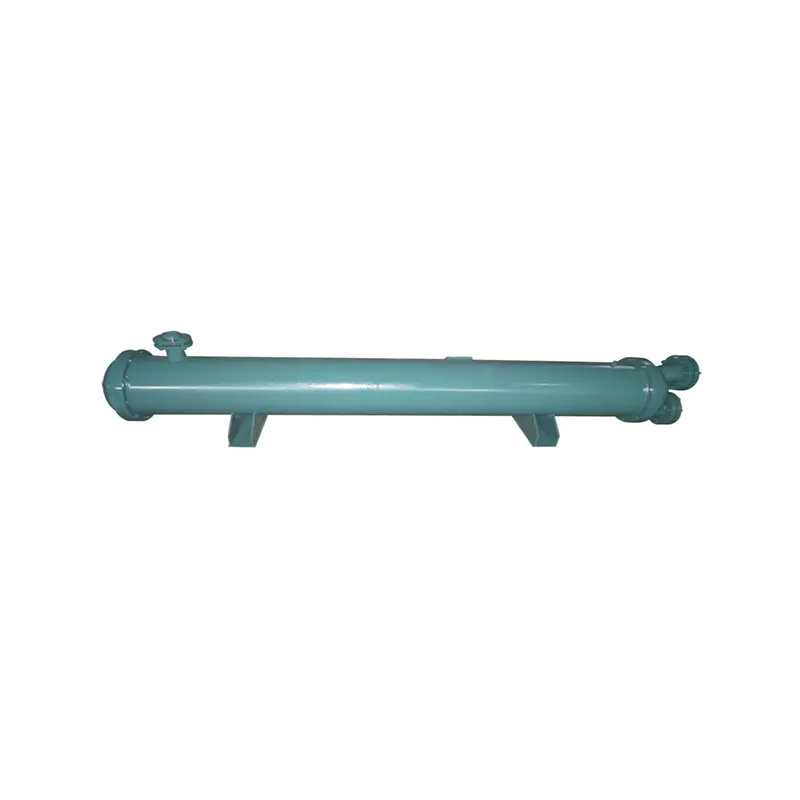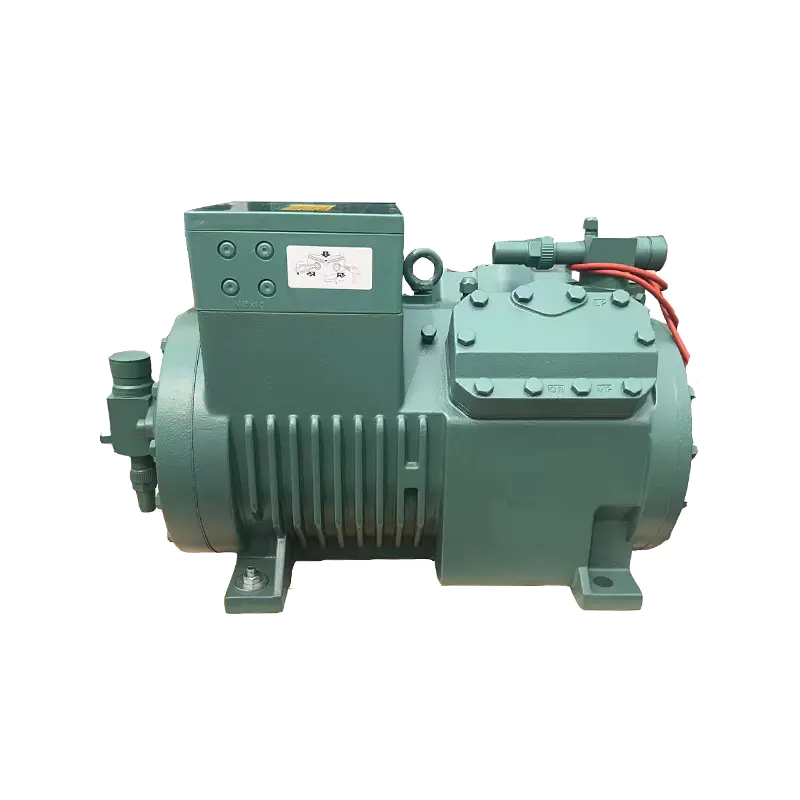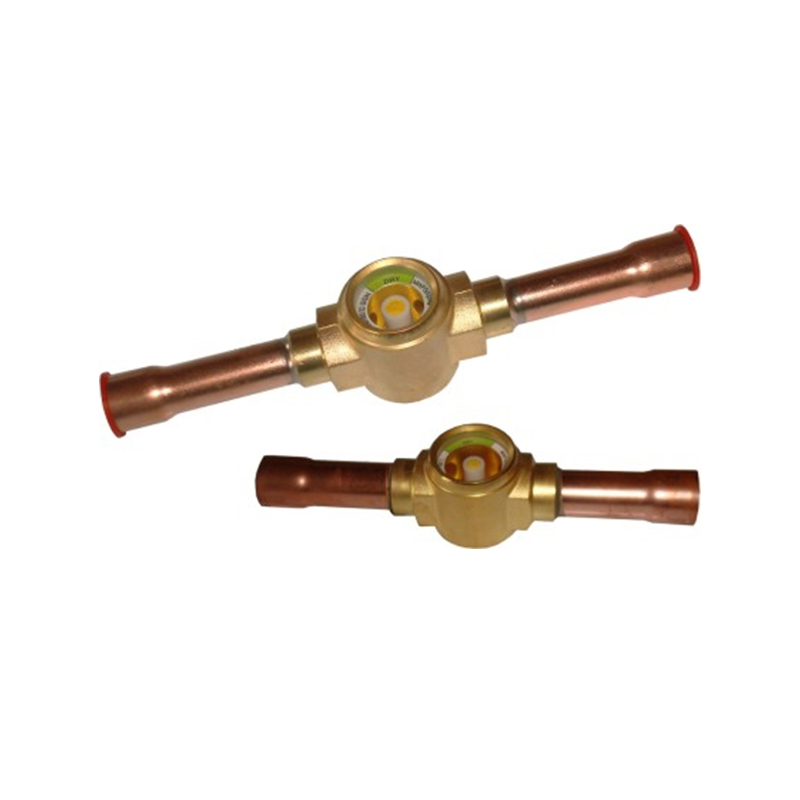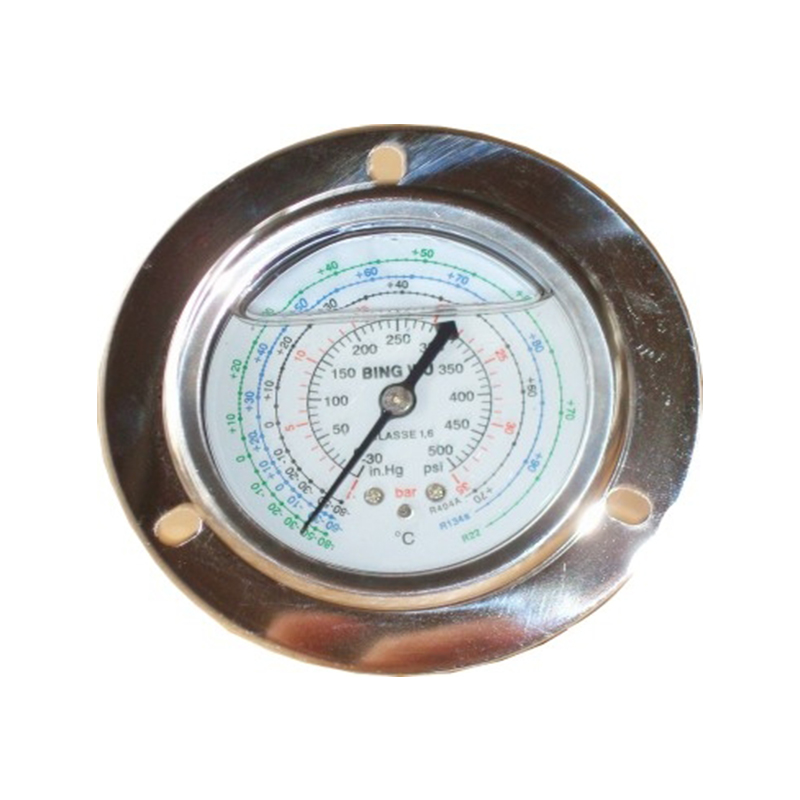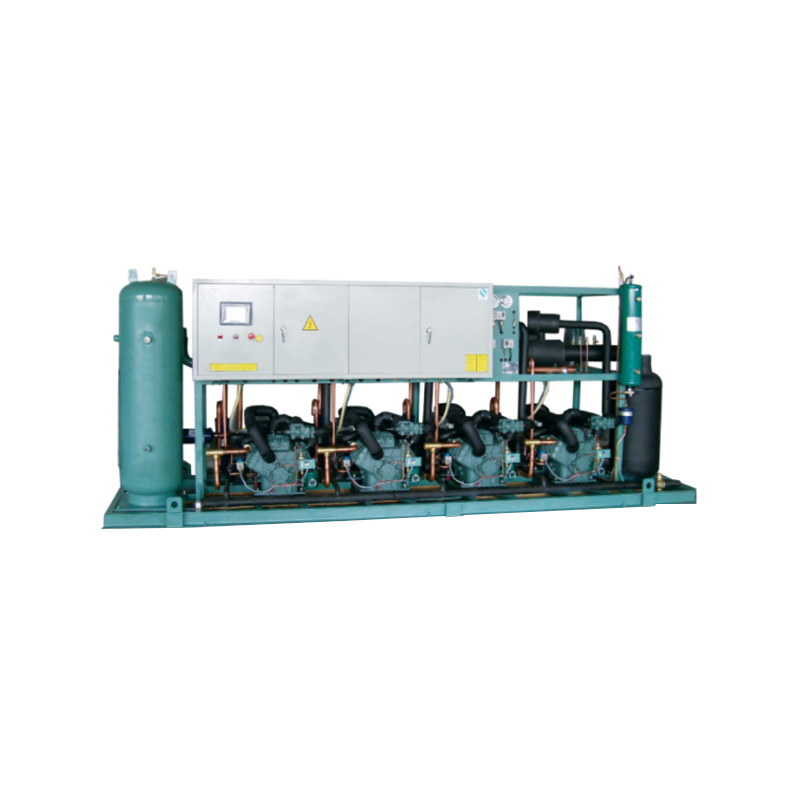Content
Main Application Fields of Condensing Units
A Condensing Unit is a critical device widely used in various fields, primarily functioning to absorb heat and reduce the temperature of objects, achieving cooling and freezing effects. Zhejiang Brozer Refrigeration Technology Co., Ltd. offers a variety of Condensing Units, including box-type, open-type, water-cooled, air-cooled, and parallel Condensing Units, suitable for diverse application scenarios.
1. Industrial Sector
Chemical and Pharmaceutical Industry: In the chemical and pharmaceutical industries, Condensing Units are used to maintain temperature control during production processes, ensuring the stability and safety of chemical reactions and pharmaceutical production. Precise temperature control can enhance production efficiency and product quality.
Electronics Industry: In the electronics industry, Condensing Units are used to maintain the temperature and humidity of the production environment, ensuring the normal operation of electronic components and equipment. Through temperature control by Condensing Units, the failure rate of electronic components can be reduced, and production efficiency can be improved.
Food Processing Industry: In the food processing industry, Condensing Units are used for the refrigeration and freezing of food, ensuring the freshness and safety of food. Through temperature control by Condensing Units, the shelf life of food can be extended, and the quality of food can be improved.
2. Medical Sector
Medical Equipment Storage: In the medical industry, Condensing Units are used to maintain a low-temperature storage environment for medical equipment and medicines, ensuring their effectiveness and safety. Through temperature control by Condensing Units, the shelf life of medical equipment and medicines can be extended, and their usage effectiveness can be improved.
Operating Rooms and Laboratories: In operating rooms and laboratories, Condensing Units are used to maintain suitable temperature and humidity environments, providing appropriate conditions for medical operations. Through temperature control by Condensing Units, the success rate and safety of surgeries and experiments can be improved.
Medical Waste Treatment: In medical waste treatment, Condensing Units are used to maintain temperature control for waste treatment equipment, ensuring the safety and effectiveness of the waste treatment process. Through temperature control by Condensing Units, medical waste pollution can be reduced, and the efficiency of waste treatment can be improved.
3. Catering Sector
Food Refrigeration and Freezing: In the catering industry, Condensing Units are used for the refrigeration and freezing of food, ensuring the freshness and safety of food. Through temperature control by Condensing Units, the shelf life of food can be extended, and the quality of food can be improved.
Air Conditioning Systems in Catering Venues: In catering venues, Condensing Units are used for temperature control in air conditioning systems, providing a comfortable dining environment for customers. Through temperature control by Condensing Units, the dining experience and satisfaction of customers can be improved.
Cooling of Kitchen Equipment: In kitchen equipment, Condensing Units are used to maintain temperature control, ensuring the normal operation and extending the service life of equipment. Through temperature control by Condensing Units, equipment failures can be reduced, and the usage efficiency of equipment can be improved.
4. Cold Chain Logistics
Transportation and Storage of Goods: In cold chain logistics, Condensing Units are used to maintain a low-temperature environment during the transportation and storage of goods, ensuring the quality and safety of goods. Through temperature control by Condensing Units, the loss of goods during transportation and storage can be reduced, and logistics efficiency can be improved.
Maintenance of Cold Chain Equipment: In cold chain equipment, Condensing Units are used to maintain temperature control, ensuring the normal operation and extending the service life of equipment. Through temperature control by Condensing Units, equipment failures can be reduced, and the usage efficiency of equipment can be improved.
Management of Cold Chain Systems: In cold chain systems, Condensing Units are used to maintain temperature control, ensuring the normal operation and improving the management efficiency of systems. Through temperature control by Condensing Units, system failures can be reduced, and the management efficiency of systems can be improved.
Maintenance and Care Precautions for Condensing Units by Zhejiang Brozer Refrigeration Technology Co., Ltd.
To ensure the normal operation and extend the service life of Condensing Units, Zhejiang Brozer Refrigeration Technology Co., Ltd. provides a series of maintenance and care suggestions. Proper maintenance and care can not only improve the performance and efficiency of Condensing Units but also reduce faults and maintenance costs.
1. Regular Inspection of Condenser
Cleaning the Surface of Condenser: The condenser is an important component of the Condensing Unit, and its cleanliness directly affects the cooling effect of the Condensing Unit. Regularly inspect the condenser and clean the surface of the condenser to remove dust and dirt, ensuring the heat dissipation effect of the condenser.
Inspecting the Condenser Fan: The condenser fan is an important component of the condenser, and its normal operation is crucial for the cooling effect of the Condensing Unit. Regularly inspect the condenser fan to ensure its good working condition, avoiding a decrease in cooling effect due to fan failure.
Inspecting the Condenser Pipe: The condenser pipe is an important component of the condenser, and its normal operation is crucial for the cooling effect of the Condensing Unit. Regularly inspect the condenser pipe to ensure its good working condition, avoiding a decrease in cooling effect due to pipe failure.
2. Inspecting Expansion Valve and Evaporator
Inspecting the Working Condition of Expansion Valve: The expansion valve is a key component of the Condensing Unit, and its normal operation is crucial for the cooling effect of the Condensing Unit. Regularly inspect the expansion valve to ensure its good working condition, avoiding a decrease in cooling effect due to expansion valve failure.
Inspecting the Working Condition of Evaporator: The evaporator is a key component of the Condensing Unit, and its normal operation is crucial for the cooling effect of the Condensing Unit. Regularly inspect the evaporator to ensure its good working condition, avoiding a decrease in cooling effect due to evaporator failure.
Inspecting the Connection of Expansion Valve and Evaporator: The connection between the expansion valve and evaporator is an important component of the Condensing Unit, and its normal operation is crucial for the cooling effect of the Condensing Unit. Regularly inspect the connection to ensure its good working condition, avoiding a decrease in cooling effect due to connection failure.
3. Inspecting Pressure Control System
Inspecting Pressure Sensor: The pressure sensor is an important component of the Condensing Unit, and its normal operation is crucial for the safe operation of the Condensing Unit. Regularly inspect the pressure sensor to ensure its good working condition, avoiding accidents due to pressure sensor failure.
Inspecting Pressure Controller: The pressure controller is an important component of the Condensing Unit, and its normal operation is crucial for the safe operation of the Condensing Unit. Regularly inspect the pressure controller to ensure its good working condition, avoiding accidents due to pressure controller failure.
Inspecting Connection of Pressure Control System: The connection of the pressure control system is an important component of the Condensing Unit, and its normal operation is crucial for the safe operation of the Condensing Unit. Regularly inspect the connection to ensure its good working condition, avoiding accidents due to connection failure.
4. Regular Lubrication and Cleaning
Lubricating Components of Condensing Unit: The various components of the Condensing Unit need regular lubrication to ensure normal operation and extend service life. Regularly lubricate the Condensing Unit to reduce component wear and faults, improving the performance and efficiency of the Condensing Unit.
Cleaning the Surface of Condensing Unit: The surface of the Condensing Unit needs regular cleaning to ensure normal operation and extend service life. Regularly clean the Condensing Unit to reduce the accumulation of dust and dirt, improving the heat dissipation effect of the Condensing Unit.
Cleaning the Interior of Condensing Unit: The interior of the Condensing Unit needs regular cleaning to ensure normal operation and extend service life. Regularly clean the Condensing Unit to reduce internal component wear and faults, improving the performance and efficiency of the Condensing Unit.

